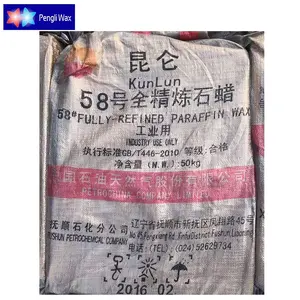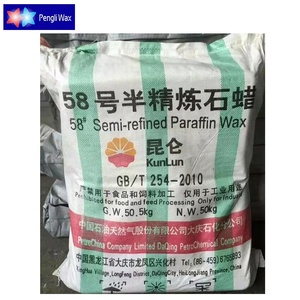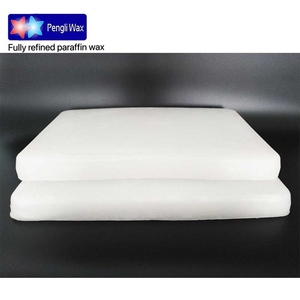Understanding Chlorinated Paraffin Wax
Chlorinated paraffin wax is a synthetic organic compound derived from the chlorination of paraffin wax, which is a byproduct of petroleum refining. Known for its versatility and unique physical and chemical properties, chlorinated paraffin wax finds applications in a range of industries including coating, plastics, rubber, and textiles. Its ability to enhance fire resistance, flexibility, and stability makes it an invaluable additive in various formulations.
Types of Chlorinated Paraffin Wax
Chlorinated paraffin wax is categorized into several types based on the chain length of the paraffin and the degree of chlorination. Each type serves different purposes across various sectors:
- Short-chain chlorinated paraffins (SCCPs): Typically containing 10-13 carbon atoms, these are used for applications that require stronger bonding and high performance.
- Medium-chain chlorinated paraffins (MCCPs): Containing 14-17 carbon atoms, MCCPs are often utilized in PVC formulations and plasticizers for their enhanced stability and compatibility.
- Long-chain chlorinated paraffins (LCCPs): With carbon chains longer than 17, LCCPs are primarily used in niche industries such as lubricants and flame retardants.
- Chlorinated paraffin mixtures: These are proprietary blends designed for specific applications, combining different chain lengths and chlorination levels to meet precise performance criteria.
Applications of Chlorinated Paraffin Wax
Chlorinated paraffin wax is employed in numerous applications due to its advantageous properties:
- Flame retardants: It is widely used in plastics, textiles, and rubber to improve fire resistance.
- Plasticizers: When added to PVC and other polymers, it enhances flexibility and durability.
- Coatings: Chlorinated paraffin wax acts as an excellent additive for paints and coatings, offering improved resistance to moisture and chemicals.
- Sealants and adhesives: It boosts the adhesion and reliability of various bonding agents, enhancing their performance under diverse conditions.
- Lubricants: The wax provides excellent lubricity and stability in mechanical applications.
Features and Advantages of Chlorinated Paraffin Wax
The unique features of chlorinated paraffin wax contribute to its suitability across multiple industries:
- High thermal stability: This property ensures that products retain their integrity under heat exposure, making them ideal for industrial applications.
- Flame retardant properties: Chlorinated paraffin wax significantly reduces flammability, enhancing safety in manufacturing processes.
- Compatibility with various materials: Its versatility allows it to blend well with different substrates including polyester, PVC, and rubber without compromising performance.
- Water and oil resistance: The wax provides excellent moisture barriers, making it beneficial for coatings and sealants.
- Cost-effective: Chlorinated paraffin wax is economical in its performance, providing value without high overheads.




























